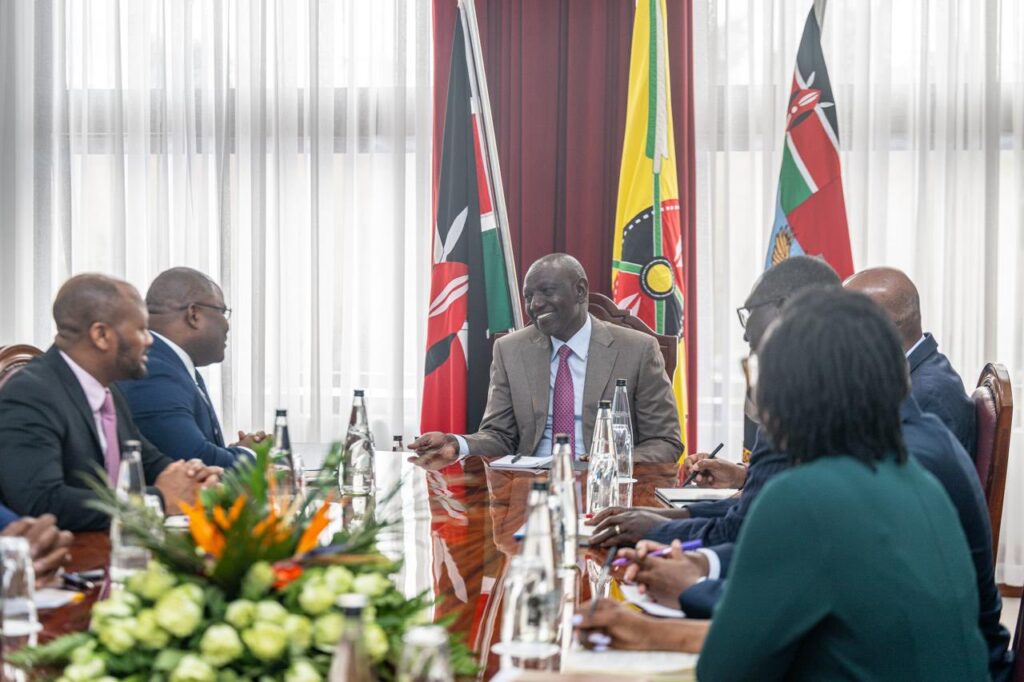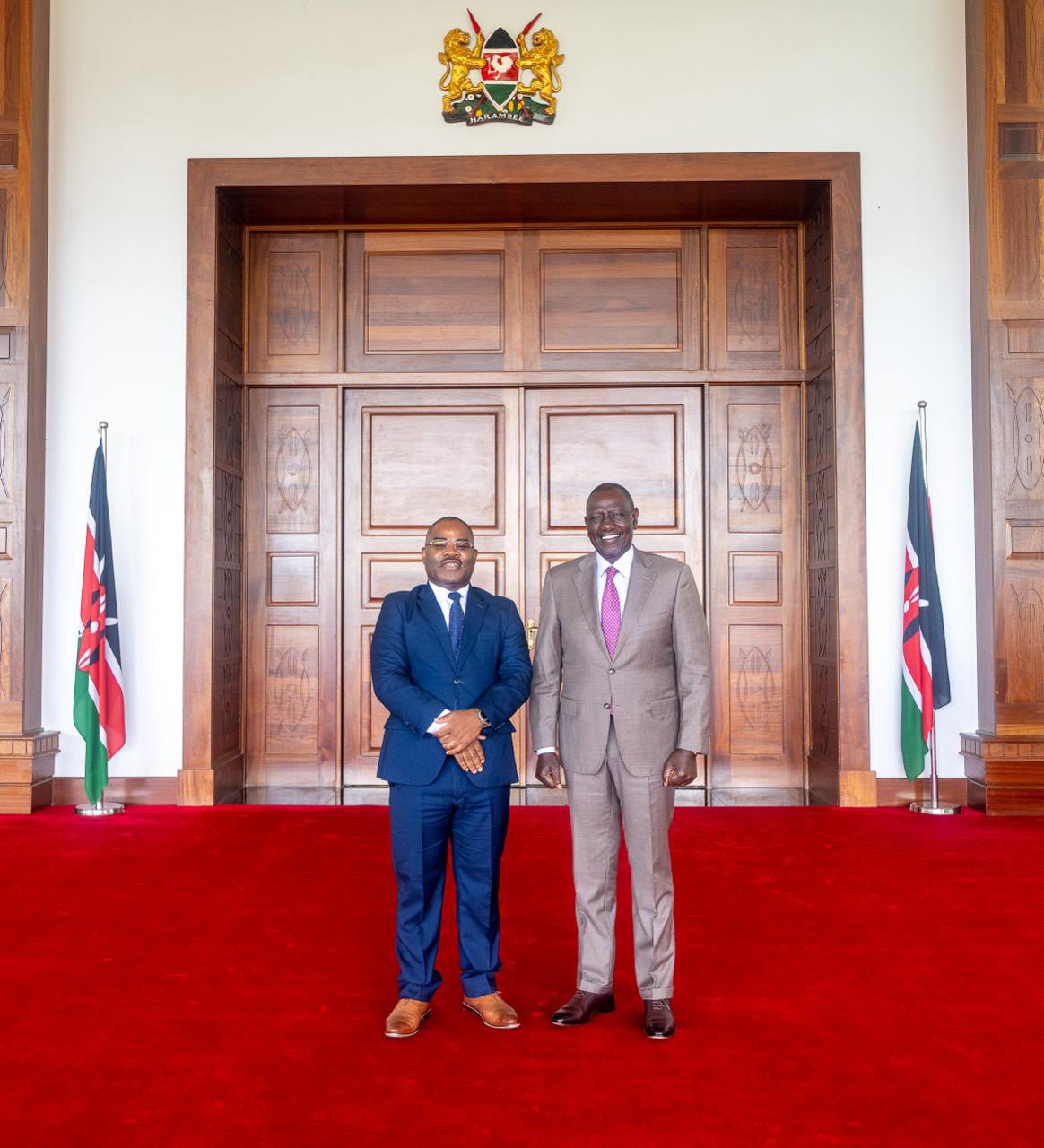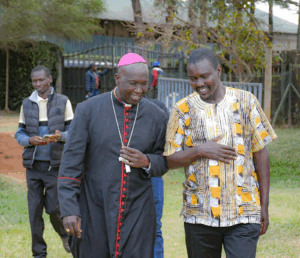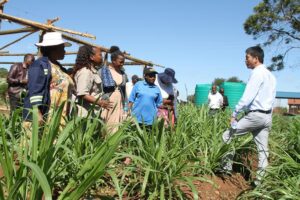World Bank Backs Kenya’s New National Infrastructure Fund, Endorses Plan for 50 Mega Dams
The President underscored that the government was committed to responsible borrowing and efficient utilisation of funds mobilised through the new infrastructure.

The Fund, he noted, is expected to mobilize substantial resources needed to overhaul Kenya’s critical development sectors, including roads, rail, irrigation, and power generation. Photo/Courtesy.
By Ruth Sang
The World Bank has thrown its weight behind Kenya’s ambitious plan to establish a National Infrastructure Fund, a move President William Ruto says will transform the country’s transport, agriculture, and energy sectors. The endorsement comes amidst accelerated efforts by the government to execute large projects in the infrastructure sector, crucial for accelerating economic growth and ensuring the country is resilient in the long term.
Speaking after meeting World Bank Africa Group One Executive Director Zarau Kibwe at State House, Nairobi, President Ruto said that the Bank had expressed strong support for the country’s new direction in financing infrastructure expansion. The Fund, he noted, is expected to mobilize substantial resources needed to overhaul Kenya’s critical development sectors, including roads, rail, irrigation, and power generation.
The President said the World Bank singled out the government’s intention to build 50 mega dams that will add 2.5 million acres of land to irrigation in the country. More than 85 percent of Kenya consists of arid and semi-arid lands, and Ruto maintained that irrigation must, therefore, be at the fore if the country is to sustain agricultural production and meet increasing food demand.
“Rain-fed agriculture has reached its limits,” said the President, explaining that only 15 percent of Kenya’s land is arable and currently relies on rainfall. “If we are to increase food production and ensure food security, irrigation is the new frontier.
“
The National Infrastructure Fund will also go towards the building of 20,000 kilometres of rural roads, dualing of 2,000 kilometres of major highways, and expansion of the national grid. This, Ruto said, aims at generating an additional 10,000MW of electricity, which will drive down the cost of power and quicken the pace of manufacturing, industrialization, and job creation.
Beyond infrastructure, the World Bank has continued to support Kenya’s social sectors in education, health, human capital development, and social protection programs. President Ruto acknowledged these contributions, saying they have been critical in strengthening institutions and improving service delivery across the country.
The Head of State, at the State House meeting, thanked the Bank for the continued partnership with Kenya. He added that the new phase of cooperation fits within the country’s long-term development agenda and will go a long way in unlocking investments that are needed for the attainment of sustained economic growth. The President underscored that the government was committed to responsible borrowing and efficient utilisation of funds mobilised through the new infrastructure framework. He added that the endorsement by the World Bank was a strong signal of confidence in Kenya’s economic reforms and future development plans.







